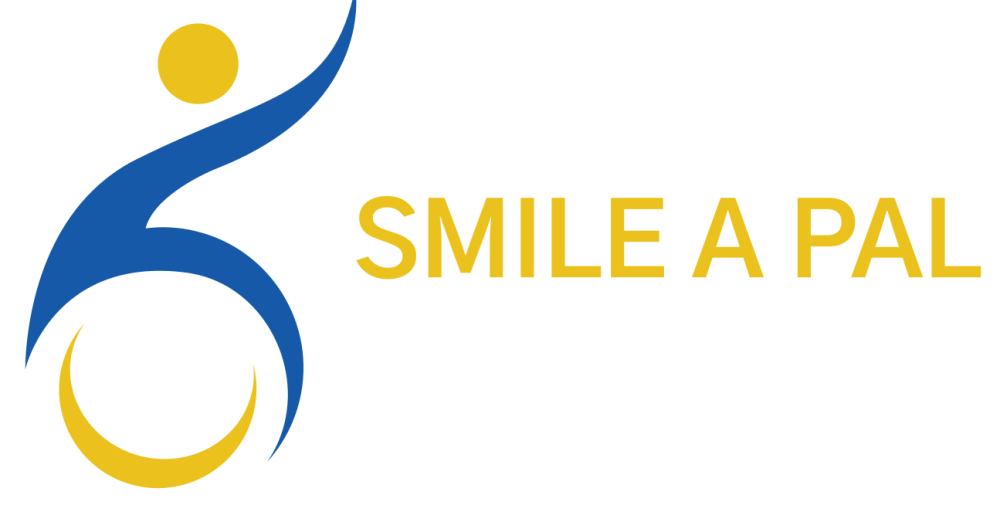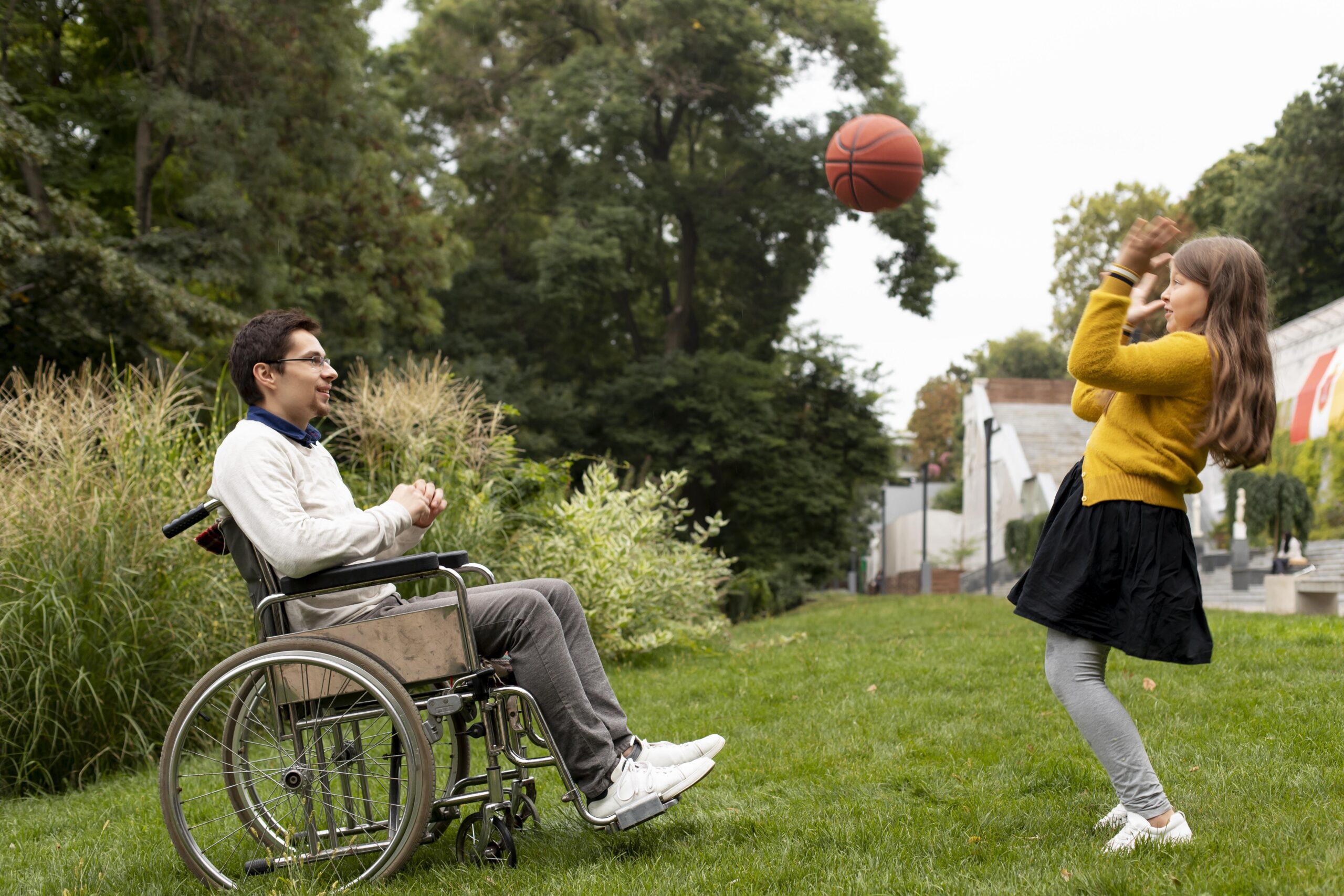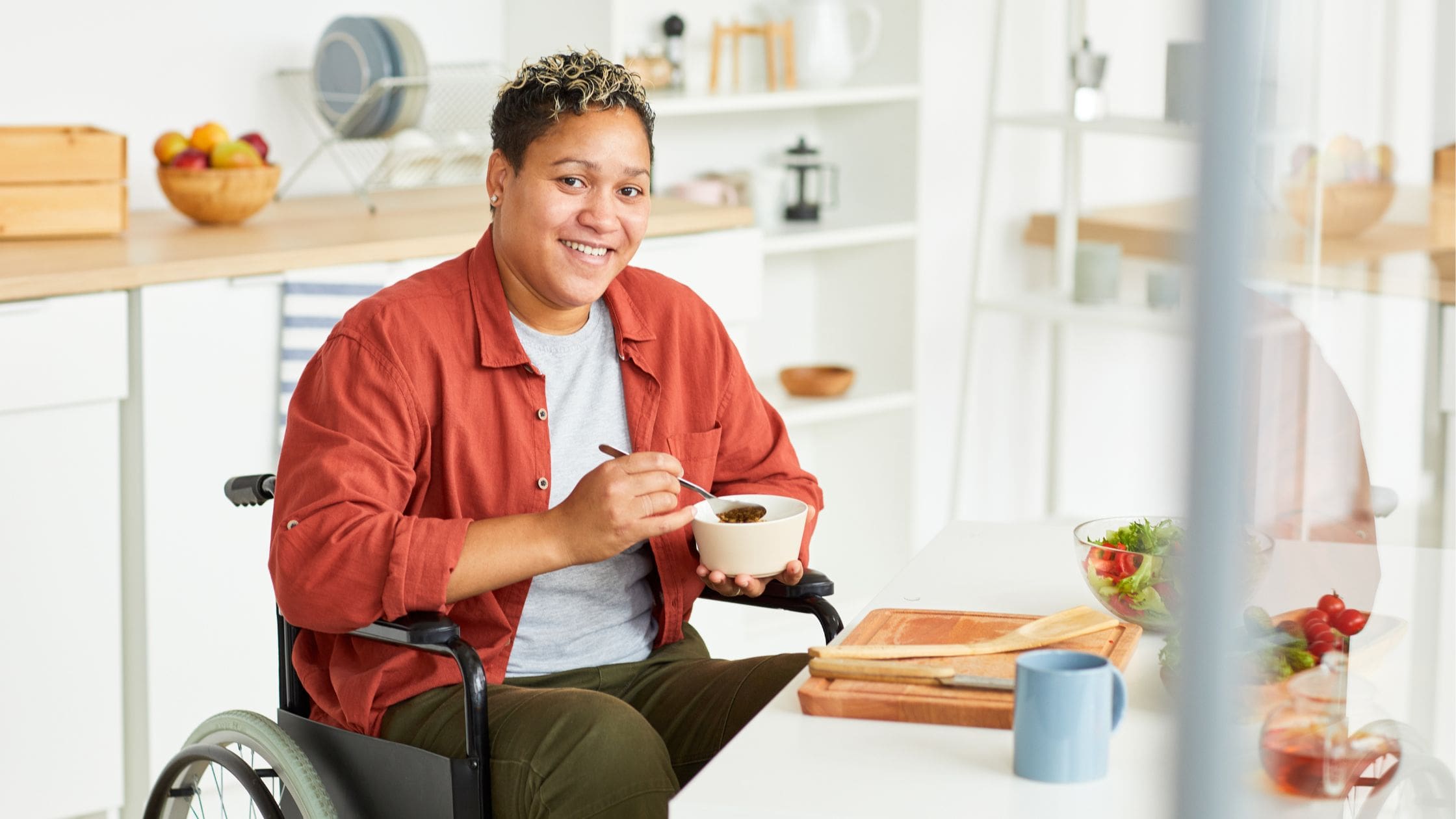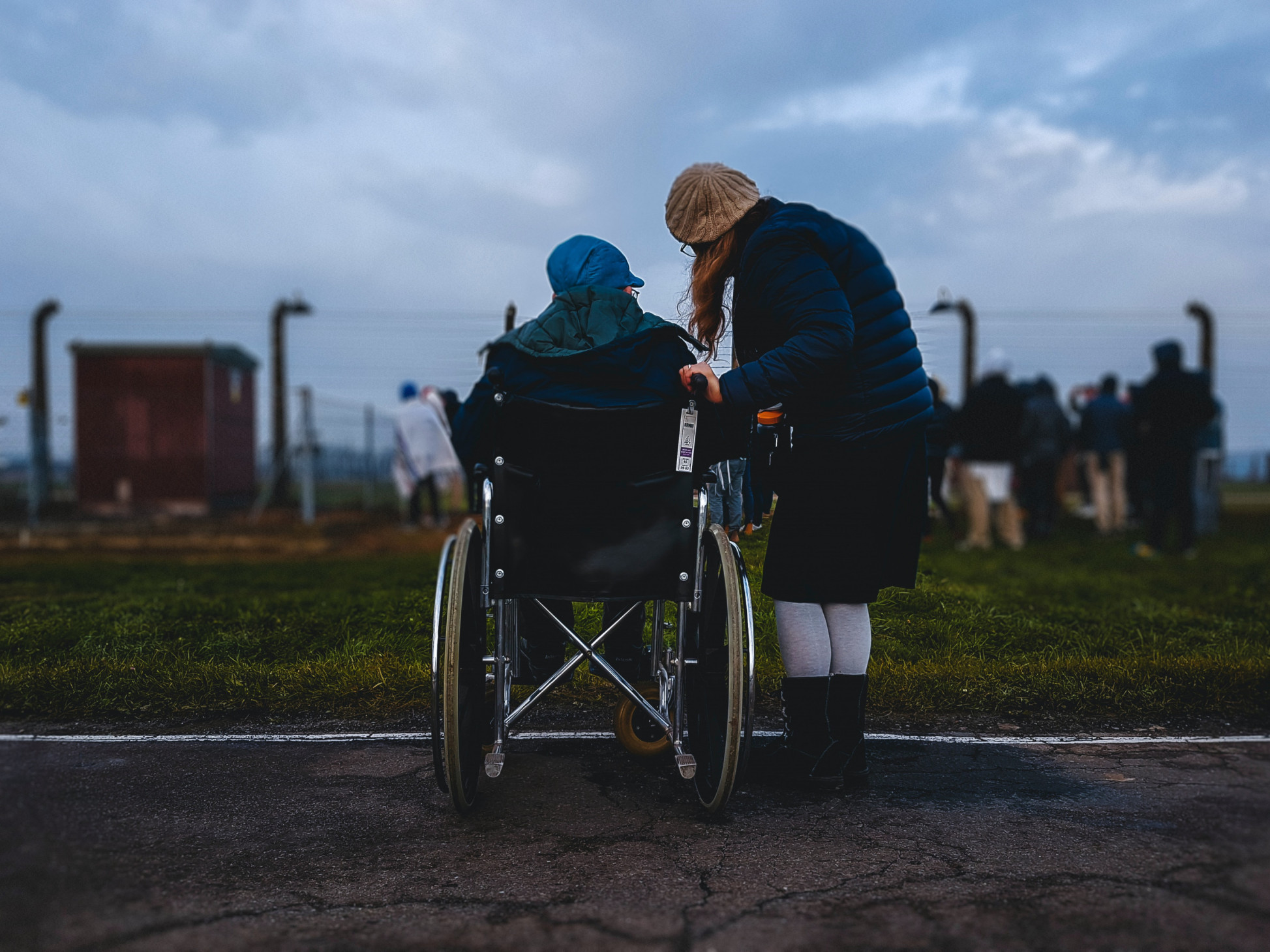The Truth About NDIS Supported Physical Activities: What They Don’t Tell You
The National Disability Insurance Scheme (NDIS) aims to support individuals with disabilities to lead a more active and fulfilling life by providing access to a wide range of physical activities. From adaptive sports to recreational programmes, NDIS participants have the opportunity to engage in activities that promote physical well-being, social inclusion, and personal development. This comprehensive guide will explore the different types of NDIS-supported physical activities available, the benefits of participating in such activities, and how individuals can access and make the most of these opportunities.
What are adaptive sports, and how are they tailored for individuals with disabilities?
Adaptive sports are athletic activities specifically designed and modified for individuals with disabilities to participate in. Adaptive sports tailor themselves to accommodate a wide range of abilities and needs, enabling everyone to engage in physical activity, irrespective of their disability. From wheelchair basketball to paraswim, adaptive sports provide opportunities for NDIS participants to develop physical strength, coordination, and teamwork skills. These activities not only promote physical well-being but also foster a sense of camaraderie and inclusivity within the disability community. Through adaptive sports, individuals can experience the thrill of competition and the joy of achieving personal milestones, all while reaping the numerous health benefits associated with regular physical activity.
What recreational programmes and activities does the NDIS support?
Recreational programmes and activities supported by the National Disability Insurance Scheme (NDIS) encompass a diverse range of opportunities tailored to meet the unique needs and preferences of individuals with disabilities. These programmes aim to foster social inclusion, personal development, and overall well-being through engaging and fulfilling experiences. From art classes to music therapy, NDIS participants can explore a multitude of recreational activities designed to ignite creativity, promote relaxation, and enhance cognitive abilities. Additionally, outdoor excursions, such as nature walks and camping trips, provide avenues for individuals to connect with nature and enjoy the benefits of outdoor recreation. The NDIS encourages participation in these programmes, as they greatly contribute to the holistic development and empowerment of individuals with disabilities.
How do physical activities contribute to the overall well-being of individuals with disabilities?
Physical activities play a crucial role in enhancing the overall well-being of individuals with disabilities. The NDIS recognises the significance of these activities in promoting physical health, social interaction, and personal growth for participants. By engaging in adaptive sports tailored to their specific needs, individuals can develop physical strength, coordination, and teamwork skills, fostering a sense of camaraderie and inclusivity within the disability community. Additionally, recreational programmes and activities offered through the NDIS provide opportunities for individuals to explore creative outlets, enhance cognitive abilities, and enjoy the benefits of outdoor recreation, contributing to their holistic development and empowerment.
What social and community benefits can individuals derive from participating in adaptive sports and recreational programmes?
Participating in adaptive sports offers individuals with disabilities a myriad of social and community benefits. Through these tailored athletic activities, participants not only develop physical strength, coordination, and teamwork skills but also foster a sense of camaraderie and inclusivity within the disability community. The thrill of competition and the joy of achieving personal milestones are experiences that contribute to a deeper sense of belonging and empowerment. Furthermore, adaptive sports provide a platform for individuals to connect with their peers, share experiences, and build lasting friendships. The social and community benefits derived from participating in adaptive sports extend beyond the physical realm, contributing to the holistic well-being and fulfilment of individuals with disabilities.
What resources and support are available to help individuals access suitable physical activities?
Accessing suitable physical activities can be a complex and daunting task for individuals with disabilities. However, there are numerous resources and support systems available to facilitate this process and ensure that everyone has the opportunity to engage in activities that promote physical well-being and social inclusion. From dedicated NDIS support coordinators who can provide guidance and assistance in navigating the available options to community organisations that offer tailored programmes and facilities for individuals with disabilities, there is a wealth of resources to tap into. Additionally, online platforms and forums can serve as valuable sources of information and networking opportunities, connecting individuals with like-minded peers and experts in the field.
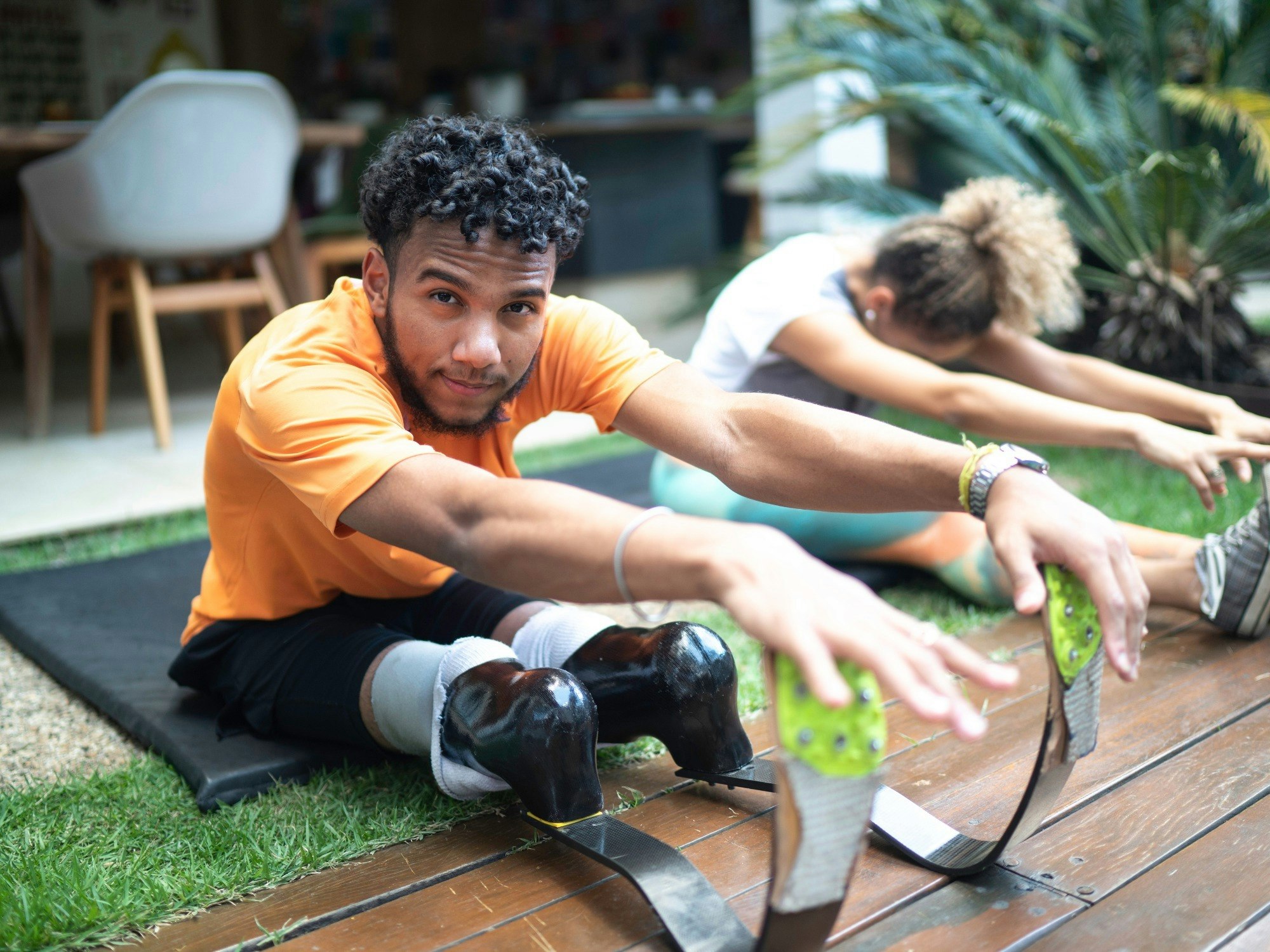
What considerations should individuals keep in mind when choosing NDIS-supported physical activities?
When choosing NDIS-supported physical activities, individuals should consider various factors to ensure that they select options that align with their interests, abilities, and overall well-being. It is essential to assess the accessibility and inclusivity of the activities, ensuring that they cater to diverse needs and preferences. Additionally, individuals should explore the potential social and community benefits of each activity, looking for opportunities to connect with peers, build friendships, and foster a sense of belonging. Furthermore, considering the guidance and support available from NDIS coordinators, community organisations, and online resources can greatly aid individuals in making informed choices. Prioritising personal fulfilment and holistic development is key when navigating the plethora of NDIS-supported physical activities.
Conclusion
In conclusion, NDIS-supported physical activities offer a multitude of opportunities for individuals with disabilities to enhance their physical, social, and emotional well-being. By exploring the diverse range of adaptive sports and recreational programmes available, individuals can discover and participate in activities that not only promote physical fitness but also foster a sense of inclusion, empowerment, and community engagement. With the support of the NDIS and its network of providers, individuals can access and maximise the benefits of these activities, ultimately leading to a more active and fulfilling lifestyle.
